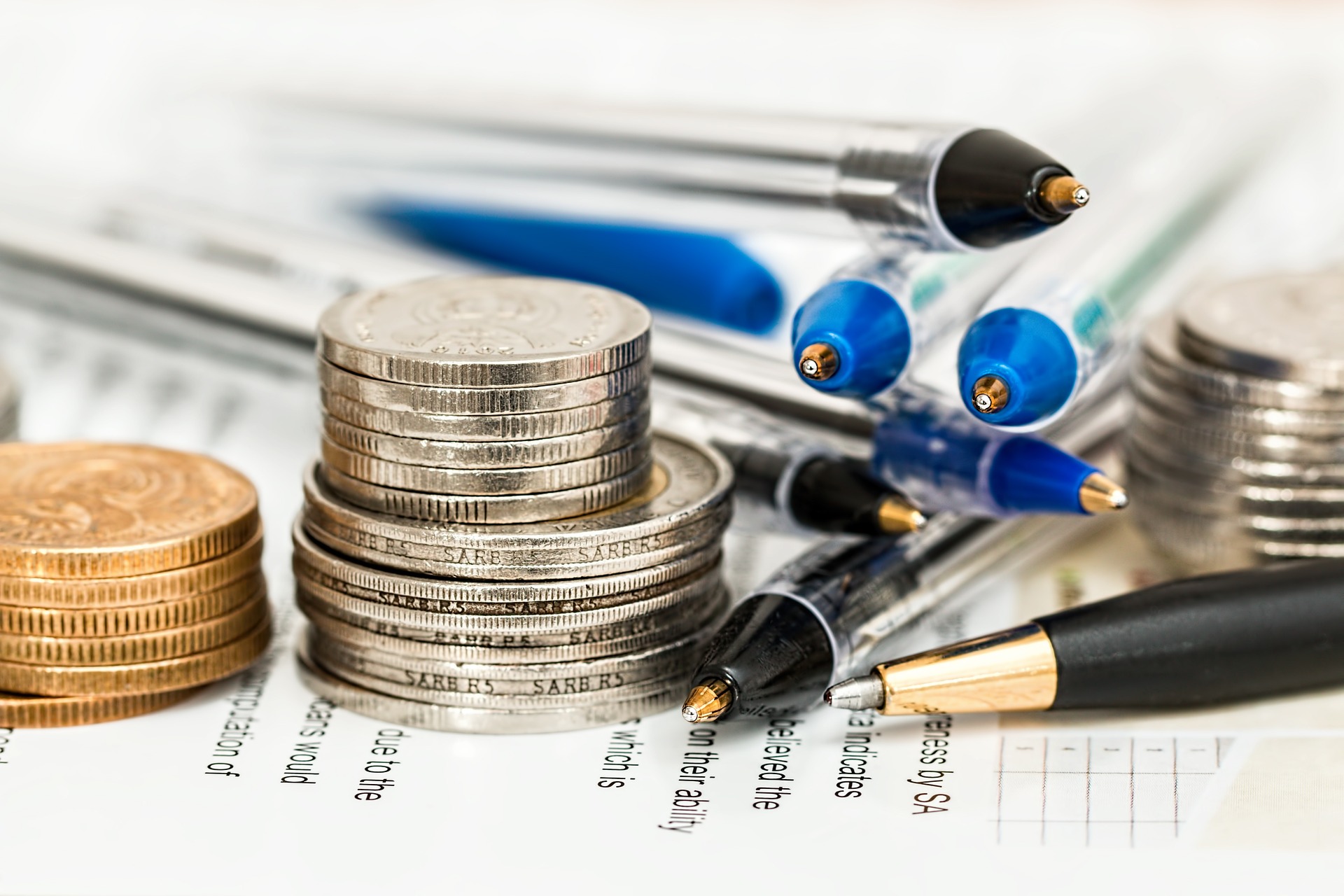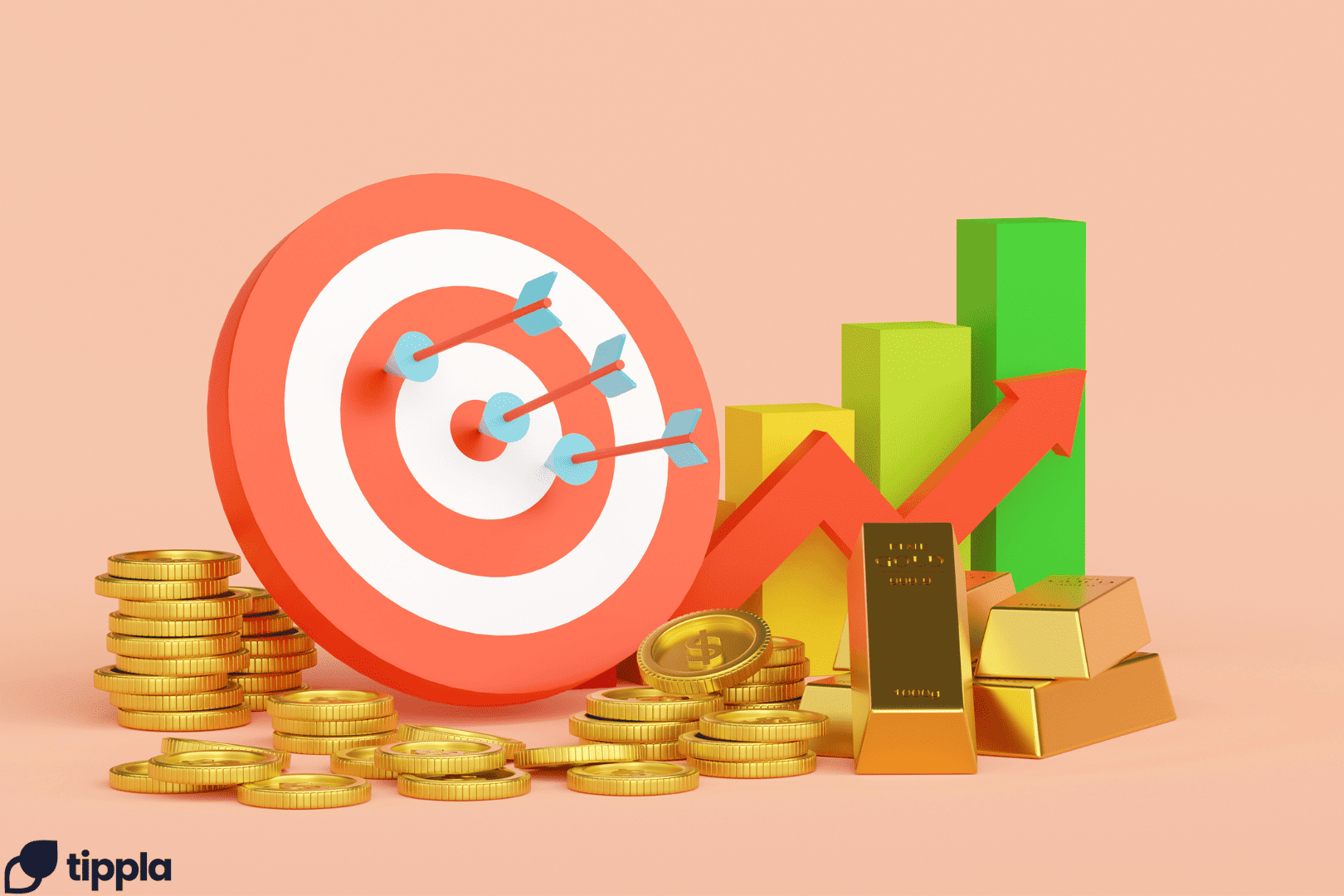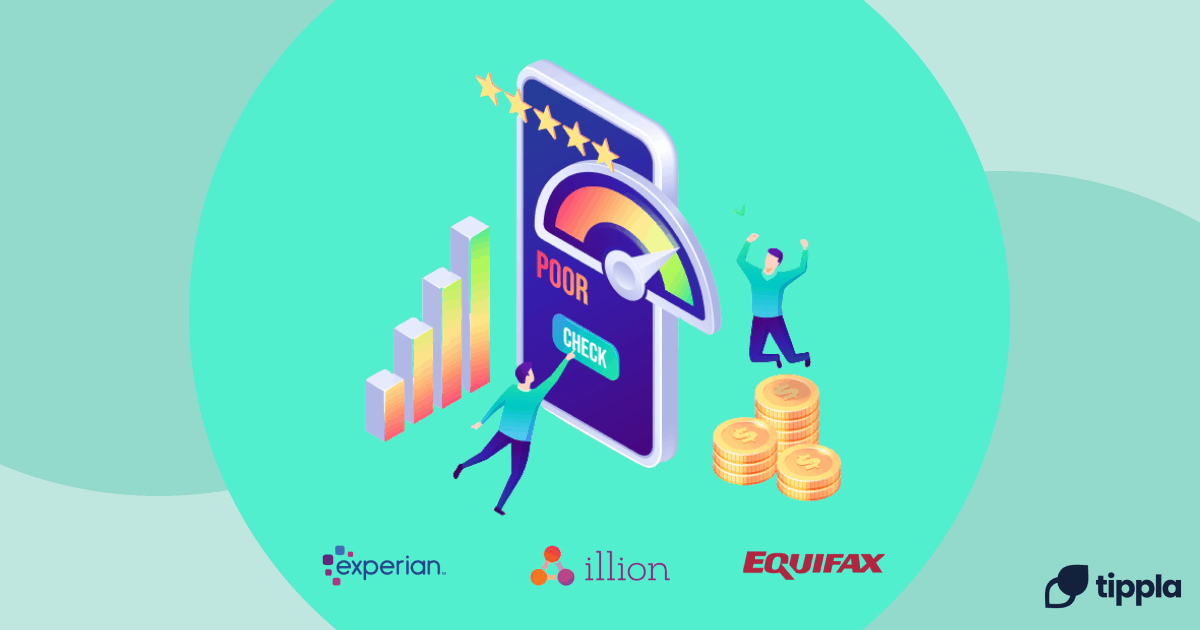Published in March 12, 2025
Why take out a personal loan?

Why take out a personal loan?
A personal loan is a certain amount of money that you borrow from an institution like a bank or a private lender. Loans can be used to e.g. purchase a car, renovate a home, or even to consolidate debt. You pay interest to your lender as a service fee to use their money.
Your credit score determines your interest rate. With a high score, the interest rate on the personal loan will likely be lower than the interest on credit cards. Most personal loans are unsecured, so you won’t need to provide an asset as security.
What is a personal loan?
A personal loan is a type of credit that is borrowed for various personal reasons. Unlike mortgages and car loans, they aren’t lent for any particular purpose.
However, many financial experts advise against taking out a loan for purchasing items such as a new TV or going on a holiday. Instead, it’s best to consider a 0% interest credit card for discretionary purchases.
Personal loans are also known as instalment loans. Essentially the way they work is, if you get approved, you’ll get a lump sum of cash that you will repay over a fixed period. To determine if you’re a risky borrower, lenders will check your credit score, and analyse your income and ability to afford the loan. Borrowers with high credit scores generally receive low rates. Do you know your credit score? Learn more about how the accounts you hold can affect your score by signing up with Tippla for no cost whatsoever.
When should I get a personal loan?
It makes sense to take out a personal loan considering it’s less expensive than other forms of credit. Once you’re confident in being able to make your repayments over the loan term, then you should apply through your lender online!
Here are a few reasons as to why you’d take out a personal loan:
Make home improvements: You could take out a personal loan to finance your home renovation. Home improvement projects may be costly, however, you do end up adding value to your home. With a personal loan, you won’t have credit card debt or have your home as a security asset like you would with a home equity loan.
Debt consolidation: If you’re finding yourself overwhelmed with a number of debts and several repayment dates, taking out a personal loan could pay them off at once, and as a result, you’d only have to deal with one debt repayment. Consolidating your debt into a single debt could clear your repayment schedule, help you budget more efficiently, and manage your repayment flexibility. However, note that it’s best to compare the numbers before taking out a loan to ensure you get the best deal.
Improve your credit: There are a few ways a personal loan might help your credit score. Firstly, repayments on time show that you are a responsible borrower. Having a small personal loan while paying your credit cards on time shows you can manage your finances well. Therefore, a personal loan may help with your “account mix”. Secondly, it could potentially lower your credit utilisation ratio. This is the amount of total credit you’re using, compared to your credit limit. While you should use your credit card here and there, paying back one loan steadily makes a better impression than accumulating debt from multiple credit cards.
Buying a car: For many people, buying a new vehicle is expensive, but necessary for everyday life. If you found the right car but don’t have the funds to pay it in full, a personal loan could help find the balance between affordable and functional.
Moneysmart’s loan calculator could help you roughly calculate your repayment amount and loan term!
What to consider before you take out a personal loan
With all loans, you will need to meet the minimum requirements to qualify for the loan. In Australia, the basic requirements are:
– 18 years or older;
– Regular income of at least 90 days;
– You are a permanent resident or hold an acceptable non-resident visa;
– You have accessible details regarding your current financial situation.
Before applying for any type of loan, it’s best to contact your desired loan provider to learn more about their specific requirements.
What fees should I expect when I take out a personal loan?
Some fees come along personal loans that you’d have to pay off with your repayments. Those fees include:
Interest rates: Interest rates are the amount that a financial institution charges on top of the money that’s been loaned. After shortlisting some personal loan providers, you’ll want to compare the different interest rates.
Ideally, you want to look for a loan with a relatively low-interest rate so that you can focus on paying off the amount rather than extra interest fees. If you take out an unsecured personal loan, the interest rate will be higher than the amount on a secured loan.
Additional fees: Getting a loan comes with a range of fees associated with them. Before signing a loan agreement, you want to read the small print to be sure what you sign up for. Fees could include:
- Establishment Fee
- Insurance
- Withdrawal Fee
- Servicing Fee
- Early Exit Fee
- Early Replacement Fee
Not all providers charge the same. Before choosing a provider, make sure to compare fees to avoid unnecessary expenses and score the best deal.
While we at Tippla will always do our best to provide you with the information you need to financially thrive, it’s important to note that we’re not debt counsellors, nor do we provide financial advice. Be sure to speak to your financial services professional before making any decisions.
Related articles

What is commercial car insurance?
28/07/2021
Commercial car insurance is a type of insurance that’s...
Subscribe to our newsletter
Stay up to date with Tippla's financial blog



 WARNING: Do you really need a loan today?*
WARNING: Do you really need a loan today?*